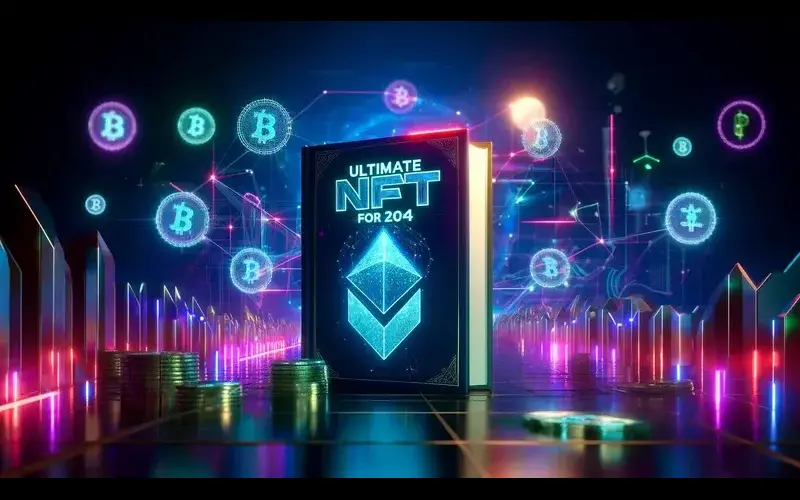A new type of NFT is emerging in the landscape of NFTs: cashflow NFTs. These innovative
tokens provide a one-of-a-kind offering, providing passive income to holders while flipping the
traditional concept of digital ownership on its head. Today, we’ll delve into the interesting
realm of Cashflow NFTs, looking at their mechanics, potential benefits, and future prospects.

Understanding the Concept: Passive Income through NFTs
Unlike traditional NFTs, which primarily serve as collectibles or digital art pieces, Cashflow NFTs
are designed to generate a recurring income stream for their owners. This is achieved through
various mechanisms, including:
- Staking: Holding Cashflow NFTs allows owners to stake them in designated protocols, earning rewards in the form of cryptocurrency or other tokens.
- Fractional Ownership: NFTs representing real-world assets, like rental properties or businesses, can be fractionalized and sold as Cashflow NFTs. These NFTs provide fractional ownership and distribute a portion of the asset’s income to their holders.
- Royalty-generating NFTs: Certain NFTs grant ownership of creative works like music or digital art. These NFTs can be designed to automatically distribute royalties to the owner every time the work is used or consumed.
- Cashflow NFTs offer several advantages over traditional passive income sources:
- Accessibility: NFTs can be fractionalized, making them accessible even to investors with limited capital.
- Transparency: The underlying mechanisms generating cashflow are often transparent and verifiable on the blockchain, fostering trust and confidence.
- Diversification: Cashflow NFTs allow investors to diversify their portfolios across various income streams.
- Democratization: Anyone can participate in the Cashflow NFT market, regardless of their financial background or geographic location.
- Real Estate Investment: Fractionalized NFTs can unlock real estate investment for a wider audience, lowering entry barriers and increasing accessibility.
- Content Monetization: Creators can leverage Cashflow NFTs to monetize their works directly, eliminating reliance on centralized platforms and intermediaries.
- Micro-investments: Cashflow NFTs can facilitate micro-investments in various assets, opening new doors for wealth creation.
- Decentralized Finance (DeFi): Cashflow NFTs can be integrated with DeFi protocols, further enhancing their functionality and utility within the DeFi ecosystem.
- Regulatory Uncertainty: The regulatory landscape surrounding NFTs remains unclear, potentially hindering market growth.
- Technology and Infrastructure: The underlying technology and infrastructure for Cashflow NFTs are still under development, requiring further refinement.
- Market Volatility: The cryptocurrency market can be volatile, impacting the value of Cashflow NFTs and associated income streams.
Disclaimer
Remember, investing in cryptocurrencies involves risks, and it’s important to conduct thorough research and seek professional advice before making any financial decisions. (Please keep in mind that this post is solely for informative purposes and should not be construed as financial or investment advice.)
FAQ
What are NFTS and how do they work?
NFTs are unique digital assets stored on blockchains, representing various digital items.
How to create unique NFT?
To create a unique NFT, you mint it by uploading a digital file to a blockchain platform.
Are NFTs a good investment?
NFTs can be a good investment for collectors, but research and understanding risks are essential.


